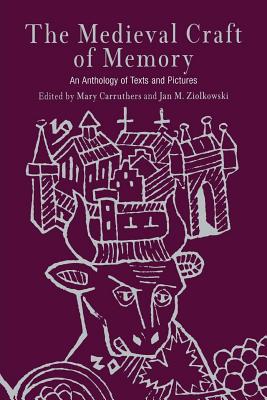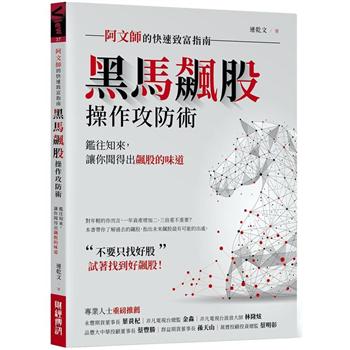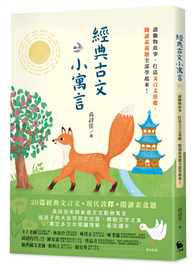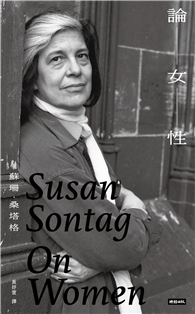In antiquity and the Middle Ages, memory was a craft, and certain actions and tools were thought to be necessary for its creation and recollection. Until now, however, many of the most important visual and textual sources on the topic have remained untranslated or otherwise difficult to consult. Mary Carruthers and Jan M. Ziolkowski bring together the texts and visual images from the twelfth through the fifteenth centuries that are central to an understanding of memory and memory technique. These sources are now made available for a wider audience of students of medieval and early modern history and culture and readers with an interest in memory, mnemonics, and the synergy of text and image.
The art of memory was most importantly associated in the Middle Ages with composition, and those who practiced the craft used it to make new prayers, sermons, pictures, and music. The mixing of visual and verbal media was commonplace throughout medieval cultures: pictures contained visual puns, words were often verbal paintings, and both were used equally as tools for making thoughts. The ability to create pictures in one's own mind was essential to medieval cognitive technique and imagination, and the intensely pictorial and affective qualities of medieval art and literature were generative, creative devices in themselves.
| FindBook |
|
有 1 項符合
Carruthers,Jan M. (EDT),Mary (EDT)/ Ziolkowski的圖書 |
 |
$ 1922 | The Medieval Craft of Memory: An Anthology of Texts and Pictures
出版社:Carruthers,Jan M. (EDT),Mary (EDT)/ Ziolkowski 出版日期:2003-12-17 語言:英文 規格:平裝 / 15.2 x 23.5 x 2.5 cm / 普通級  看圖書介紹 看圖書介紹
|
|
|
圖書介紹 - 資料來源:博客來 評分:
圖書名稱:The Medieval Craft of Memory: An Anthology of Texts and Pictures
內容簡介
|










